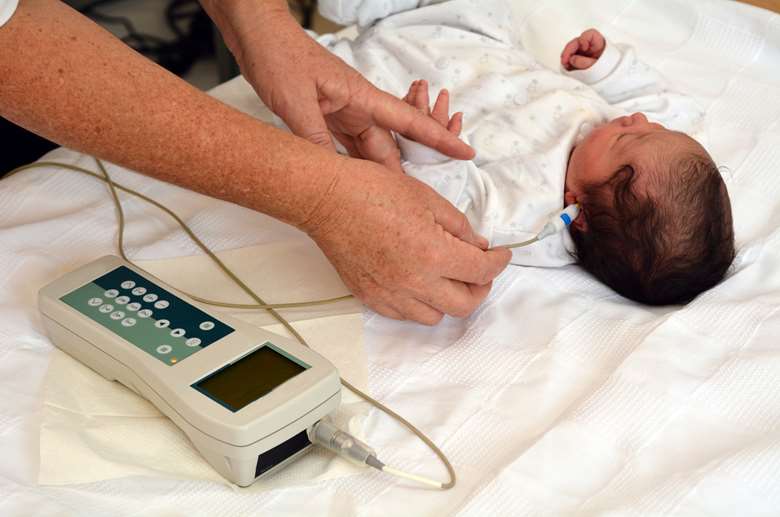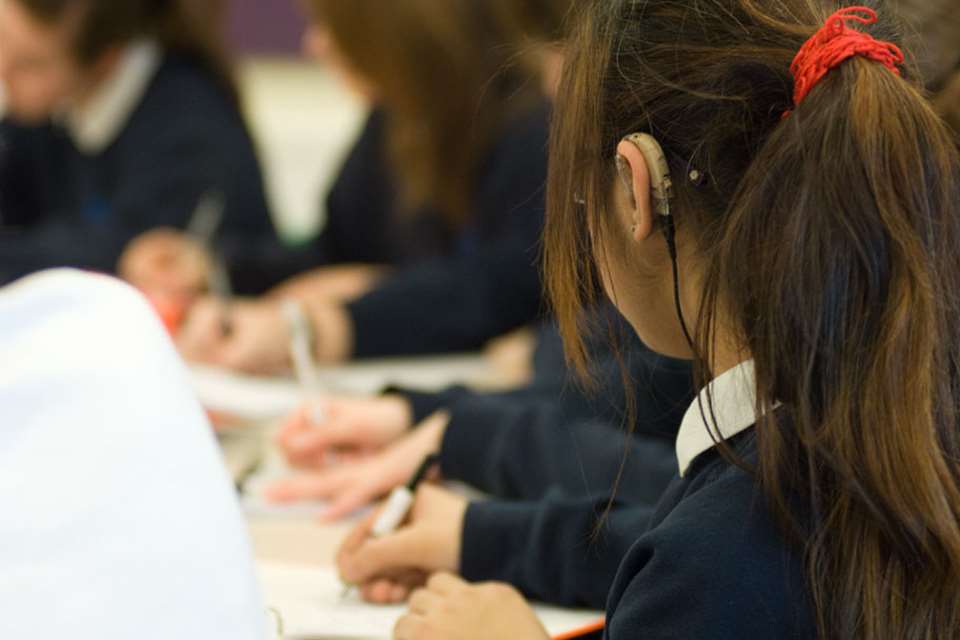Call for children with reading difficulties to have hearing checks
Friday, October 6, 2017
Academics from Coventry University are recommending children with reading difficulties be more 'thoroughly screened' for hearing problems.

A study by the University, funded by the Nuffield Foundation, found that 25 per cent of children that were involved in their research who had reading difficulties showed mild or moderate hearing impairment, which their parents and teachers were unaware of.
Academics at the university’s Centre for Advances in Behavioural Science compared children with dyslexia to children with a history of repeated ear infections to see if they had a similar pattern of literacy difficulties.
A total of 195 children aged between eight and ten completed a series of tests to establish their reading and writing skills, and how they used the structures of words based on their sounds and meanings in speech and literacy.
They were re-tested 18 months later, when a hearing screening was also carried out.
None of the parents of the children with dyslexia reported any knowledge of hearing loss before the tests.
The screening showed that nine out of 36 of the children had some form of hearing loss.
Around a third of the children who had repeated ear infections had problems with reading and writing, although the researchers say that repeat ear infections will only result in reading difficulties when ‘accompanied by weaknesses’ in other areas.
Results from the screenings also showed that children with dyslexia have ‘different patterns’ of literacy difficulties to children with a history of ear infections, although there is some overlap.
Children with dyslexia had difficulties with literacy activities involving the ability to manipulate speech sounds, known as phonology, and the knowledge of grammatical word structure, called morphology.
The researchers say that these children need to be taught how to use morphology in a highly-structured step-by-step way to help them improve their literacy skills.
Children with a history of repeated ear infections mainly had problems with the phonology tasks, showing that they still had subtle difficulties with the perception of spoken language.
The study suggests that teachers be made aware if children have had a history of repeated ear infections so that they can consider the possibility of any hearing loss and understand how the consequences of these infections may impact on children, as they learn about the sound structure of words and begin to read.
Currently children have their hearing tested as newborns, and in some areas of the UK, when they start school. This is despite the fact that later onset deafness can occur at any age, say the researchers, who argue that more regular, detailed tests might help children with literacy problems.
Author of the report, Dr Helen Breadmore, said, ‘Many children in school may have an undetected mild hearing loss, which makes it harder for them to access the curriculum.
‘Current hearing screening procedures are not picking up these children, and we would advise that children have their hearing tested in more detail and more often.
‘A mild-moderate hearing loss will make the perception of speech sounds difficult, particularly in a classroom environment with background noise and other distractions. Therefore, children who have suffered repeated ear infections and associated hearing problems have fluctuating access to different speech sounds precisely at the age when this information is crucial in the early stages of learning to read.’






